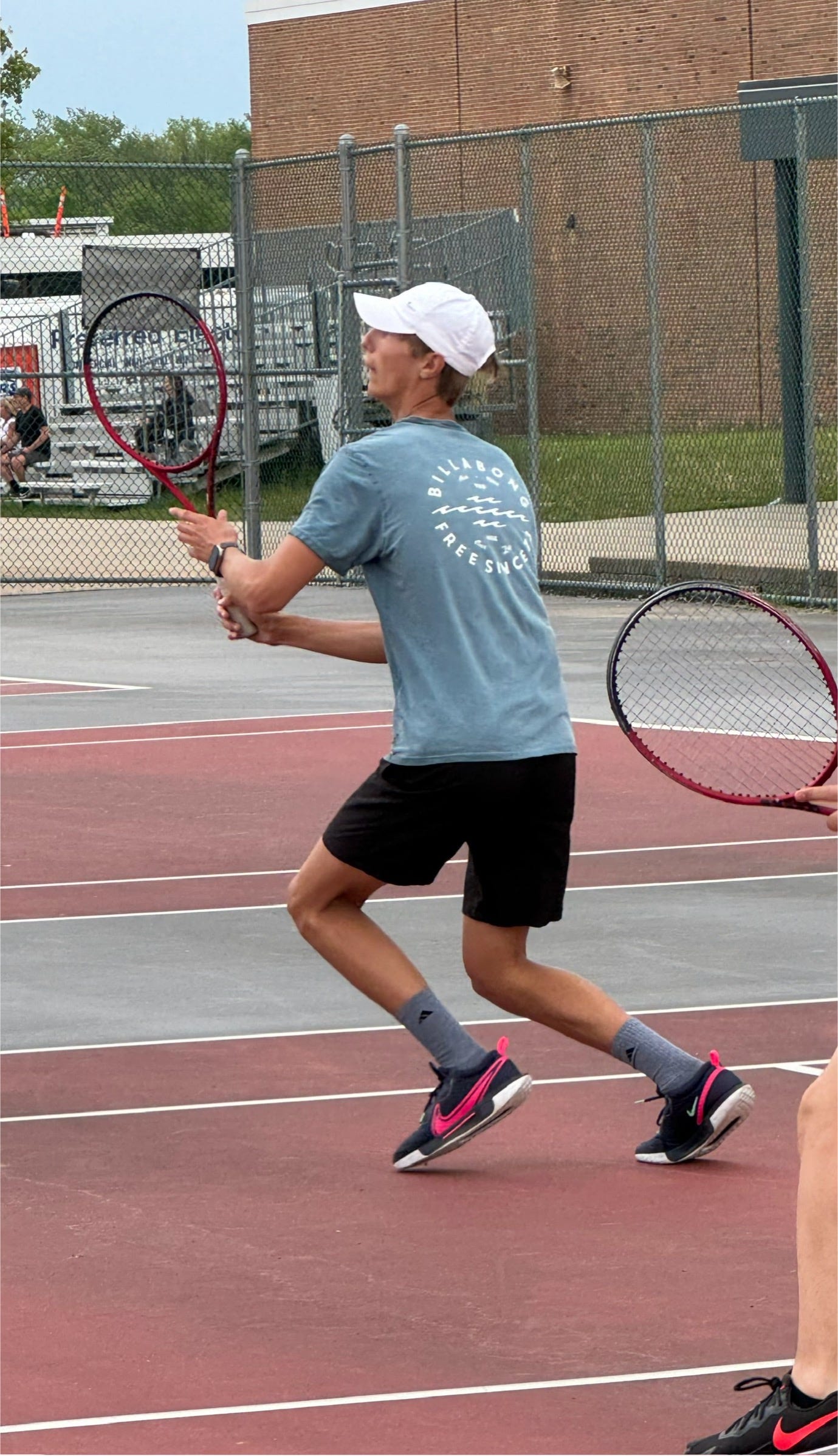"We are what we repeatedly do. Excellence, then, is not an act, but a habit." – Aristotle
The journey to becoming an expert is often envisioned as a long road paved with relentless practice. Malcolm Gladwell's famous 10,000-hour rule brought this idea into the mainstream, suggesting that reaching expert level in any field requires approximately ten thousand hours of practice (8 hours a day, similar to a full-time job, about 1,250 days.) However, emerging research and deep analysis reveal that the path to true expertise is not just about the quantity of practice but the quality & nature of that practice.
While Gladwell’s rule stems from a study of violinists at the Music Academy in Berlin, it overly simplifies the nuances involved. The study categorized musicians into levels based on their skill and scrutinized their practice habits. Though it highlighted the importance of extensive practice, the "10,000 hours" became a catchy, yet misleading simplification. Critics argue that this benchmark ignores genetic differences, the complexity of tasks, and the individual’s ability to perform tasks efficiently.
Skill acquisition is a dynamic process typically unfolding in three phases:
1. The Cognitive Phase: Where intense focus and effort are paramount as you understand and develop the basics.
2. The Associative Phase: Where refinement happens, and errors decrease as the skill becomes smoother.
3. The Autonomous Phase: Where skills become automatic, though this can lead to a plateau where further improvement is tough because the practice solidifies even the errors.
This is why it's essential to remember: Practice doesn't make it perfect, it makes it permanent.
I'm a classic example of how practicing the wrong way can lead to permanent errors. I began my musical journey playing the violin and piano at 8 years old. I was told I was already two years behind and had a lot of catching up to do. I had the same violin teacher for six years, practicing daily and spending long weekends at her house to practice more. She believed I could get into one of the best music schools in the country for high school. I applied to two, was rejected by one, and accepted by another. I was both delighted and nervous when I moved to a new city. I was a boarder.
I vividly remember my first lesson with the new teacher. After asking me to play a few measures, he stopped me and said, "We're going back to the fundamentals. Let's start with how you hold the bow and violin." I was crushed. He later explained that I needed to re-learn how to play. It was a painful realization that the thousands of hours I had practiced were essentially with incorrect technique. Thankfully, within a year of re-learning, I made tremendous progress. It was a deeply humbling experience that taught me the profound impact of what and how you learn.
The Essence of Deliberate Practice
Deliberate practice is the cornerstone of improving in any field. It involves:
Targeting specific weaknesses.
Stepping outside one’s comfort zone.
Maintaining high levels of focus and effort in practice sessions.
Deliberate practice is about strategic, thoughtful engagement rather than mere repetitive activity.
It requires a well-structured practice schedule that includes short, intense sessions (about 1 hr) focused on specific aspects of a skill, often with immediate feedback to foster improvement.
Angela Duckworth’s concept of grit, which encompasses perseverance for long-term goals, plays a crucial role in mastering skills. Grit often predicts success better than talent alone, as it drives consistent, focused practice over time.
Becoming an expert isn't just about physical or observable changes in performance; it involves significant changes in the brain. Repeated practice strengthens neural pathways through a process known as myelination, enhancing the speed & efficiency of electrical impulses that travel along neurons.
Instead of counting hours, aspiring experts should focus on how effectively they can engage in deliberate practice. Whether it's playing a violin, coding, or playing basketball, transforming the approach to practice could be the real ticket to mastery. Embrace the challenge, focus on the quality of your practice, and let your brain and perseverance guide you to new heights!
Here's a photo of my son: he began playing tennis at the tender age of 4 and continues to hone his skills!




